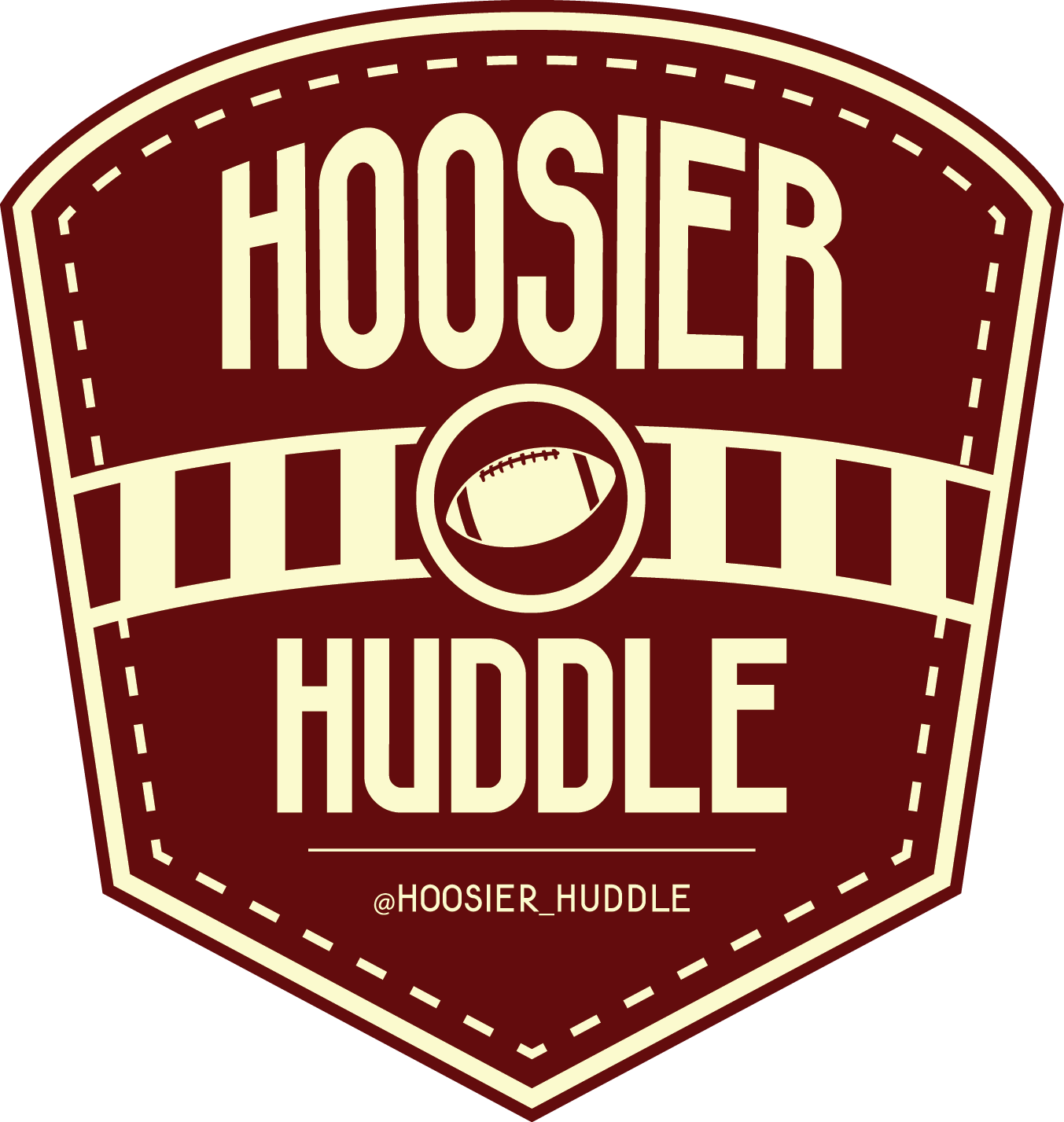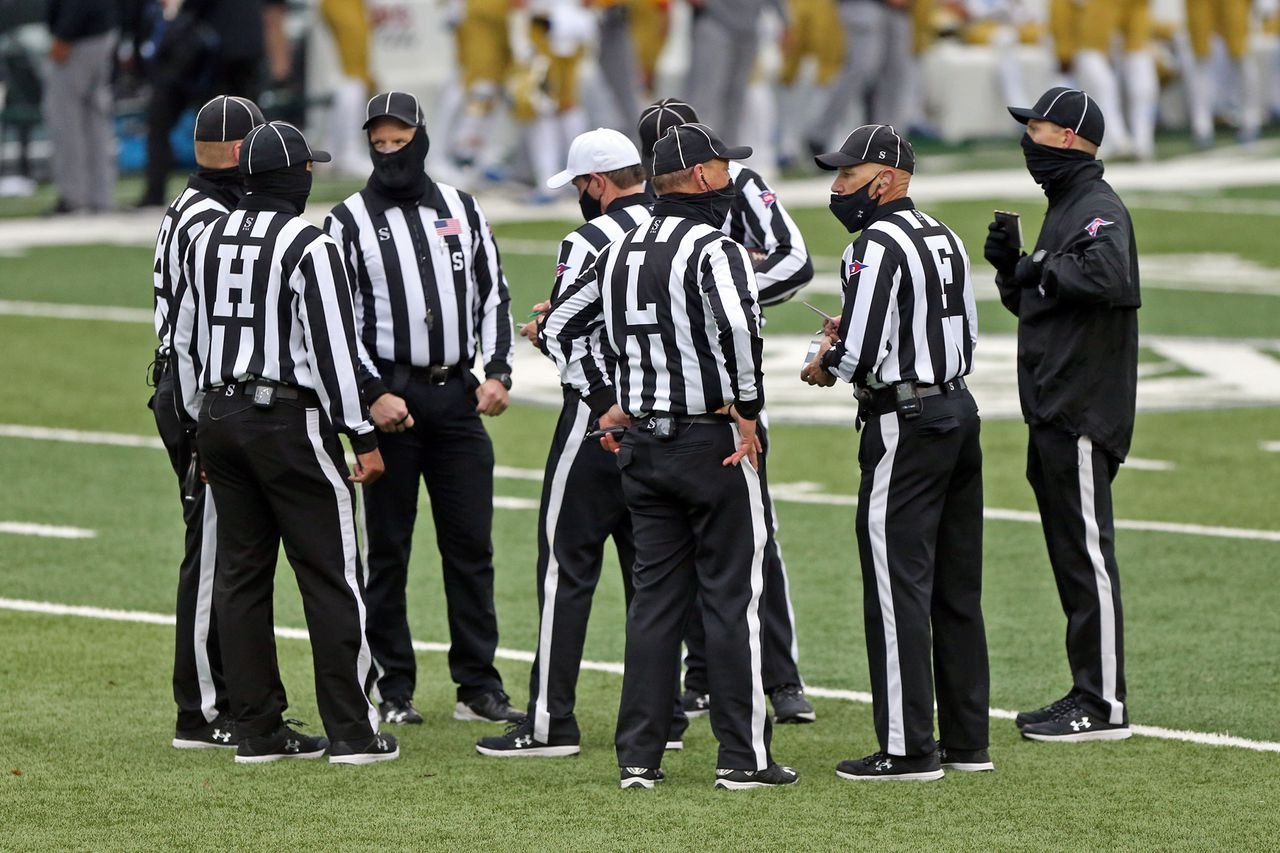NCAA Approves Appeals Process for Targeting Calls in the Second Half of Games and Other Rule Changes
/Written by: Nate Comp (@NathanComp1)
Quotes and Official Release Taken From: https://www.ncaa.com/news/football/article/2022-04-21/college-football-appeals-process-approved-players-called-targeting-second-half?utm_campaign=trending
Indiana fans will certainly remember the play that many consider having changed the 2021 season: Micah McFadden’s targeting ejection in the first half against Cincinnati. The rule significantly altered the momentum of the game and ultimately led to an Indiana loss, one of many in a disappointing season. Tom Allen spoke out in a more critical fashion than we have ever seen from Allen after the game.
"I did review it, and I totally disagree with the call," Allen said. "It's unfortunate, and yes, we've turned it in and still in the process of going through that evaluation. But yeah, don't agree with the call at all.
I'm all about player safety, so that to me is totally the focus and should be, but to get more specific about it, yeah, there's no question (the rule should be changed). I think a lot of us coaches, we talk about this a lot. There's a lot of agreement that the rule right now needs to be evaluated.”
Allen’s wish for a re-evaluation was granted this week, though the approved changes would not have altered the outcome of the McFadden decision. Wednesday brought about new changes from The NCAA Playing Rules Oversight Panel intended to strengthen the accuracy of the targeting rule, limit blocking below the waist, and address teams that appear to fake injuries to gain an advantage.
The changes are as follows:
· In games that have instant replay, when a targeting foul occurs in the second half, the carryover penalty (of sitting out the first half of that player's next game) will be eligible for further appeal.
· To address teams that are awarded an injury timeout through deceptive actions, panel members approved a reporting and investigation process. Schools and conferences will be able to report questionable scenarios to the national coordinator of officials, who will review and provide feedback to the conference for further action. Any penalties levied would be up to the conference office or school involved.
· The panel approved a proposal to improve safety and simplify the rules governing blocking below the waist. The proposal will allow blocking below the waist only by linemen and stationary backs inside the tackle box. Outside the tackle box on scrimmage plays, blocking below the waist will be prohibited.
Because McFadden’s ejection occurred in the first half, this rule change would not have kept McFadden in the game. However, it does attempt to limit what could be considered bad refereeing decisions within the span of one game, without altering the outcomes of any future games.
The injury faking stipulation addressed another concern of many coaches, though it appears to still be a large grey area in the game. It is admittedly a difficult subject to correctly officiate while keeping player safety in mind. Other options included requiring players to sit out for more than one play, but the panel was concerned with “the additional issues that could be created including encouraging players to continue to participate when injured.”
The final block below the waist rule simulates mimics last year’s change in the NFL. The zone is different in that college football tackle box is 5 yards on either side of the snapper and behind the neutral zone. Thus, all below the waist blocks past the line of scrimmage or outside of the tackles will be illegal.
Other smaller changes included:
If a ball carrier simulates a feet-first slide, officials will declare the runner down at that spot.
Defensive holding will remain a 10-yard penalty but will always carry an automatic first down.
The first essentially could be labeled the Kenny Pickett rule, for his fake slide turned touchdown in the ACC Championship game. The second adds the stipulation of an automatic first down, bringing the penalty more in line with the NFL’s rules.
The only rule that was denied in this round of approvals was that all players must wear socks/stockings that reach the bottom of the pants. The financial burden this would create for DII/DIII schools likely prevented this somewhat minor rule to be made official.



